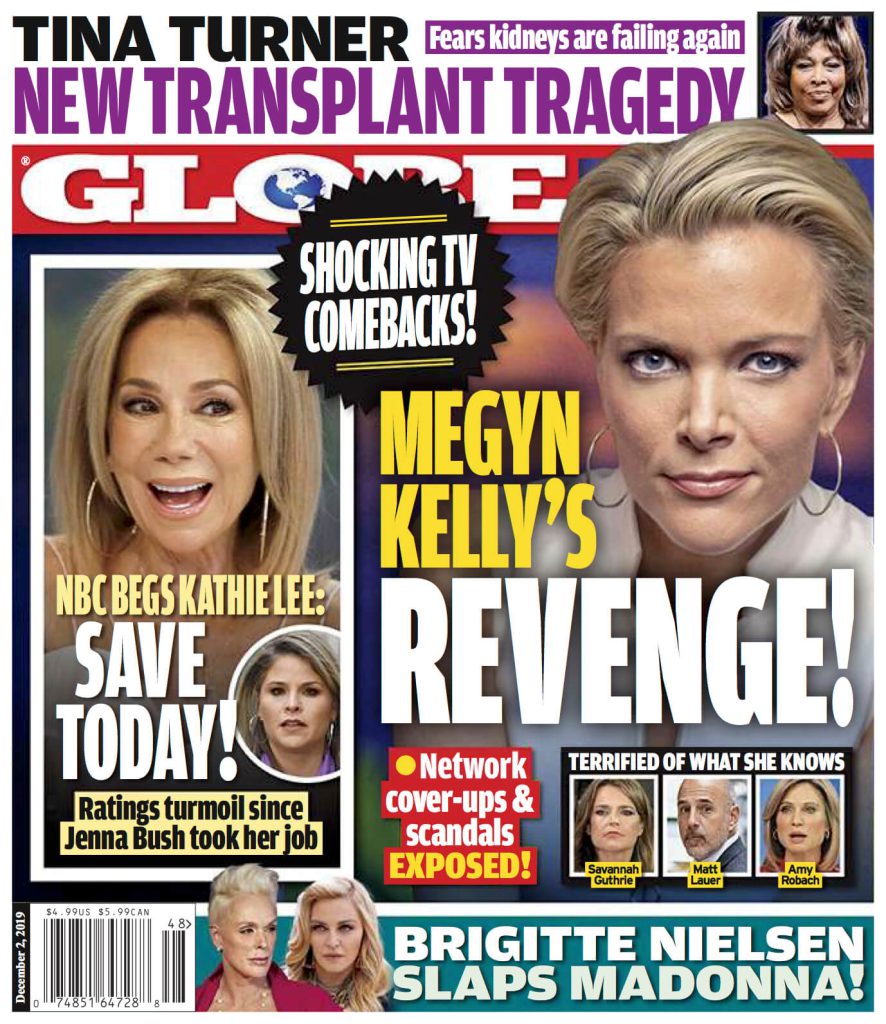Article written by Richard Cowan, a former NORML National Director and author of Can CBD Help You Have Long Hair?
Last year, the NFL finally recognized reality, but it was 16 years too late for Ricky Williams' career and the NFL’s integrity.
“A lot will change with the NFL's new collective bargaining agreement, including a new drug policy in which players will no longer be suspended for positive marijuana tests.”
See NFL's new marijuana policy: CBA changes rules dramatically for players
The good news is that Williams survived and even has a new podcast.
See Former NFL superstar and cannabis advocate Ricky Williams debuts new podcast
But it was a bumpy ride.
See Reporter recounts crazy story of his 2004 search for Ricky Williams.
Some time ago I stopped reading news stories with headlines about athletes failing “drug tests” or being arrested with a “drug” – simply because there were too many, and they all tend to be pretty much alike. I am not unsympathetic, but the problems of people who get paid millions to play games generally do not make my triage list..
See 5 Important Things To Consider Before Buying CBD
At first, the Ricky Williams story appeared to be just one more example with the same mindless “sports news” coverage. He was “voluntarily” quitting football after testing positive for cannabis on a urine test for the third time.
Of course, urine testing may detect marijuana use for weeks, but hard drugs are flushed from the body in a day, so “drug testing” was really just marijuana testing.
Williams was portrayed as just a pothead who would rather give up fame, football and money – the American trinity – than give up cannabis. Now that is true reefer madness! In fact, Williams seems to be a very decent human being. In 2004, he even sold his Ferrari and Hummer and donated the proceeds to Miami school that was having financial problems.
However, it turned out that there is much more to the story, and it should have moved beyond the sports pages. Now it finally has.
First, Williams is a medical cannabis patient, but he played football in a state (Florida) that did not have a medical cannabis law.
See Is ‘Avon’s CBD Beaty Line’ Legit? – A Real Tested CBD Brand Spotlight Review
He had been diagnosed by a medical doctor as having something called “social anxiety disorder.” I am not making light of this real problem by pointing out that S.A.D. is a relatively new psychobabble term invented by the pharmaceutical industry as a new way to sell a product. People with S.A.D. used to be called “painfully shy” – but their pain is quite real. Often they would self-medicate with alcohol, often with disastrous consequences.
GlaxoSmithKline, the British pharmaceutical giant, began marketing its anti-depressant Paxil (worldwide sales of $3.4 billion in 2004) for this newly renamed condition, and it was prescribed for Williams by his doctor. Williams even became a spokesperson for Paxil, but that was not a problem. Paxil is FDA approved and is exempt from NFL “drug testing.”
However, as it turned out, there really was a problem. Ultimately, Paxil did not work for Williams, and it had many unpleasant side-effects. “Marijuana is 10 times better for me than Paxil,” he said.
In fact, for some patients Paxil may be a very dangerous drug. (Paxil is one of a class of drugs known as selective serotonin reuptake inhibitors, which includes Prozac.
For more on the problems experienced by some patients, see here.
In 2004, the then New York Attorney, General Eliot Spitzer, sued GlaxoSmithKline accusing it of fraudulently concealing negative information about use of its antidepressant Paxil to treat children and teens.
The lawsuit alleged that Glaxo, starting in 1998, suppressed the results of clinical studies that failed to show that Paxil worked or even suggested an increased risk of suicide.
The suit said Glaxo conducted at least five studies on the use of Paxil in children and adolescents but published only one of them, which had mixed results.
Glaxo denied the allegations, but the suit came amid growing controversy over the effectiveness and potential side effects in children prescribed antidepressants.
In March of 2004 the U.S. Food and Drug Administration asked manufacturers to change the labels on 10 antidepressants to include larger and more prominent warnings about patient monitoring.
Also, U.S. and British regulators issued separate warnings that certain antidepressants, including Paxil, called Seroxat in the UK, should not be taken by patients under the age of 18 because of a possible increased risk of suicidal behavior.
Paxil is approved in the United States only for adults, but doctors are allowed to prescribe it for children on an "off-label" basis. Williams was just 25, and was thus “barely legal” when he was originally given his prescription for Paxil. (Prescriptions for Paxil to treat mood disorders in children totaled $55 million in 2002 in the US alone.)
How serious is the problem of the misuse of prescription drugs? Especially for children? .
One of the greatest costs of the Drug War is the misdirection of attention and resources away from the real “drug problems” in our society. Clearly, this is a story that needs to be reported beyond the sports pages.
So Ricky Williams was crazy for leaving a world in which Paxil is good and cannabis is banned? Williams didn’t fail his “drug test.” Everyone else was failing the reality test.




